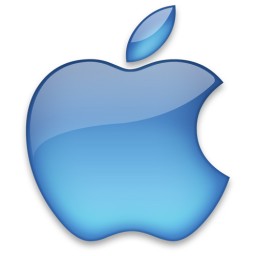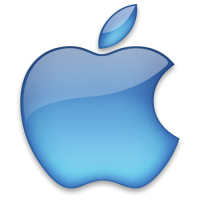To put it lightly, Apple has had a rough past few months. Steve Jobs stepped down as CEO of Apple in August, passing the title onto longtime COO Tim Cook, in a move that troubled investors and Apple enthusiasts alike.
Then on October 4th Apple released the iPhone 4S in the face of harsh criticism from consumers and analysts who were expecting the enigmatic iPhone 5.
The very next day, Steve Jobs, the face and mastermind behind everything Apple, passed away after a long battle with pancreatic cancer. Fans and admirers around the world mourned his loss.

So yes, Apple has seen better days.
Though the iPhone 4S was initially ill-received by those hoping for a revolutionary product after such a long lag between iPhone releases, it quickly won over audiences with its amazing camera features, improved software, and most of all, the voice command software, Siri.
Users instantly warmed to Siri’s friendly and eerily intuitive voice recognition capabilities, and the iPhone 4S was ultimately branded a success from the beleaguered company.
Sales of the iPhone 4S are already in the millions, and it seemed that Apple was leaving its constant storm of controversy and strife.
But now iPhone 4S users report hugely inconvenient battery issues. It started following the release of the newest operating system for the iPhone 4S, iOS 5.
Users complained that the battery life on their iPhone 4S phones would be completely depleted in a matter of hours.
Apple acted quickly, acknowledging the programming snag in a press release and promising to fix the error quickly.
Apple released a patch (iOS 5.1) on November 10 primarily designed to address the battery issue.
Unfortunately, users continue to complain about low battery life on their iPhones, with many reporting that the problem is the same if not worse than it was before.
With the holidays fast approaching, this battery bug could make a serious dent in iPhone 4S sales, something that Apple can’t afford to suffer in the face of such fierce smartphone competition.
While Apple is probably working as hard and fast as possible to bring a resolution to this latest scandal, one has to wonder how the 4S will fare in the long run in the smartphone market.
After all, one of the biggest draws to the 4S was that its new functions were powered by a processor that lessened the phone’s computer, preserving overall battery life.
If they can’t deliver, smartphone users may migrate to increasingly appealing Android—or even Windows—smartphone providers.
Even once they resolve the bug, consumers will wonder how Apple allowed such a huge problem to pervade the 4S for so long.
At the end of the day, will these bugs damage Apple’s overall reputation to produce pristinely designed computing devices?
Hardly. But the snag comes at one of the lower points in Apple’s history, at a time where consumers and analysts alike question the new direction of the company in the wake of Steve Jobs’s death.
Consumers can’t help but ask if this slip marks an isolated programming error or the beginning of a sloppier production line.
Only time will tell if Apple can continue to thrive, innovate, and lead in the tech industry.
